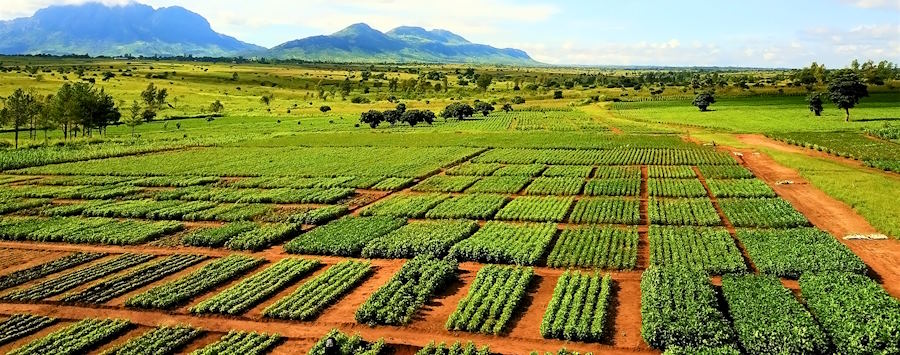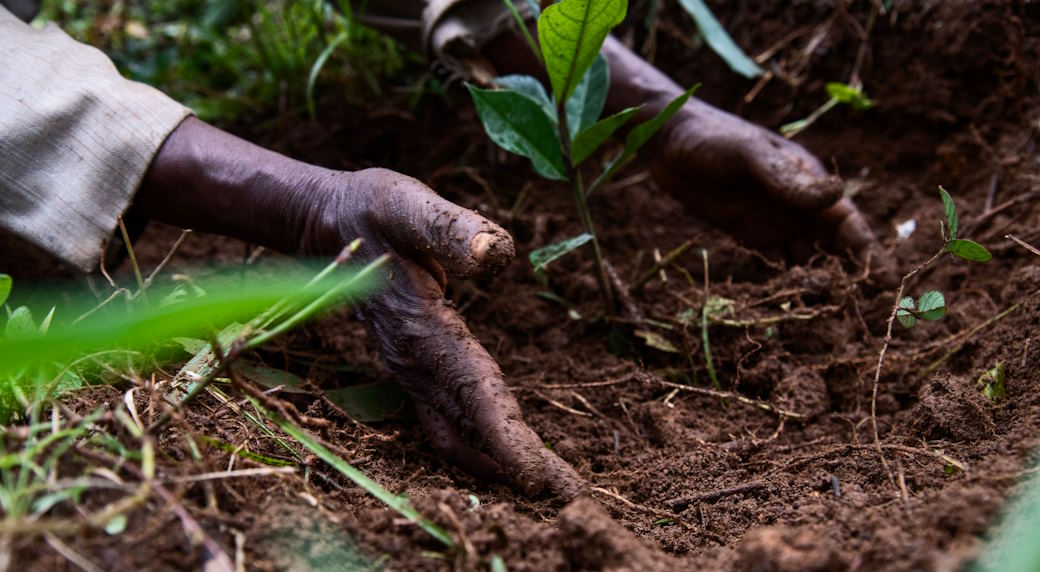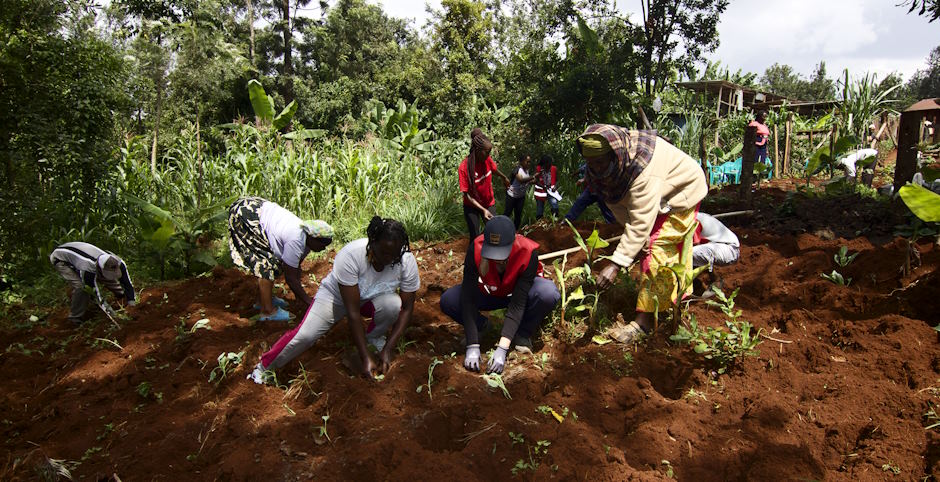Local Organisations Promoting Sustainable Soil Practices in Africa

Various stakeholders highlight in their conversations the importance of addressing the land’s demands for soil nutrients, soil moisture, vital minerals, soil organisms, and the impact of climate change. Regenerative methods, regulations, and strategies will raise the land’s long-term worth as an essential resource for farmers. To enhance and preserve soil fertility across the continent, the stakeholders assessed the institutional structures, policies, and programs already in place for an efficient soil management system.
It is a chance for policymakers, scientists, farmers, the private sector, development agencies, civil society organisations, non-governmental organisations, and scholars to consider long-term and sustainable strategies of creative avenues to feed the growing African population. The community-led soil conservation initiatives in Africa.
The United States Harlem
Youth receive practical urban gardening, sustainability, and nutrition via Harlem Grown. The charitable organisation wants to inspire the next generation to lead healthy lives. In addition to hydroponic greenhouses, school gardens, and urban agricultural facilities, they run thirteen soil-based farms.

Aranya Alternatives for Agriculture
Aranya Agricultural Alternatives uses permaculture farming techniques to empower and link rural agricultural communities in India while ensuring food and nutrition security. Aranya, which is Sanskrit for “forest,” encourages organic farming methods that rely on the self-regulating ecosystems of forests. In addition to grassroots organizations enhancing soil health across African communities initiatives centred on tree-based farming, varied crops, animal integration, watershed and soil management, and seed preservation, Aranya conducts permaculture design classes and workshops.
Soil Wealth
As a company, Soil Capital is committed to scaling and sustaining regenerative agriculture via market-based solutions. Through the application of established agricultural techniques and customised technologies, their goal is to optimise farm profitability by enhancing soil health, resilience, and the overall natural production of the farm environment. Soil Capital helps other farmers switch from conventional to regenerative farming techniques by forming relationships with seasoned farmers who exhibit resource-efficient and sustainable operations. By doing this, Soil Capital aims to expand and duplicate wholesome, holistic farming initiatives around the globe.

Improved Soil, Enhanced Lives, Africa
In order to quadruple production and decrease droughts over the next 20 years, Roland Bunch’s Better Soils, Better Lives initiative is expected to help at least 70% of small-scale farmers in sub-Saharan Africa. The group grows “green manure” or cover crops, which are best for the soil because they nourish it, keep weeds out of it, and help during dry spells.
United States Environmental Defense Fund
The Environmental Defense Fund is motivated by science, economics, and a commitment to climate justice to have the greatest possible effect. The group works to address the climate problem by developing creative ways to improve human health, strengthen the ability of people and the environment to coexist, and stabilise the climate. African NGOs championing sustainable agricultural practices, promote sustainable fishing practices, back climate-friendly and advance soil health research as part of their work on food systems.
The network for Food Sovereignty in Africa (AFSA), a continental network of civil society organisations, is dedicated to advancing agroecology and food sovereignty. African food producer networks, African CSO networks, faith-based organisations, indigenous people’s organisations, women’s and youth groups, consumer movements, and foreign organisations supporting AFSA’s purpose are among the many different organisations that make up our alliance.
